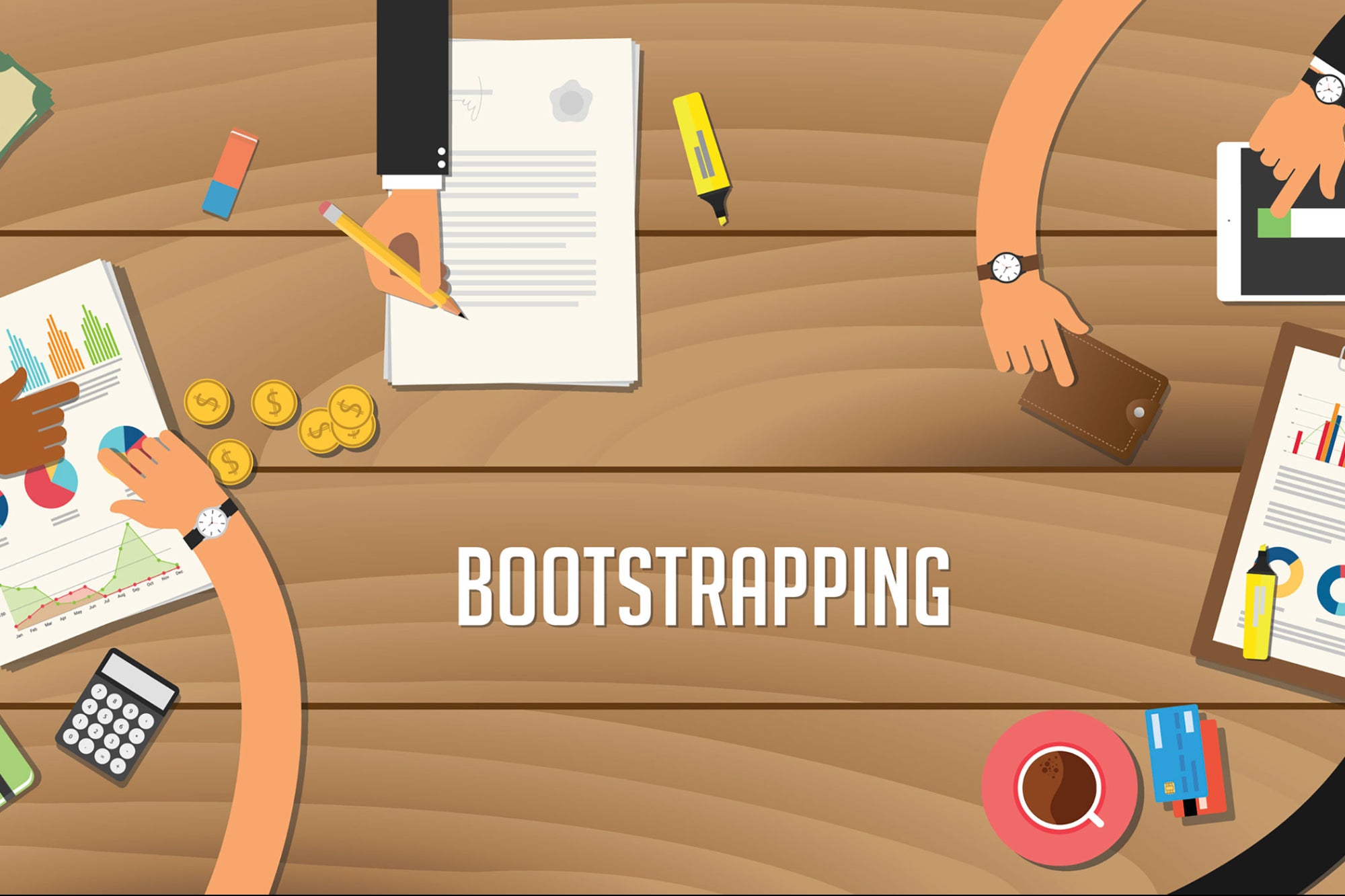What are the pros and cons of bootstrapping?
The decision to bootstrap your business, is a double-edged sword. While there are clear
advantages to the founder, in terms of autonomy, financial discipline, and the potential for
full ownership, it also comes with significant challenges – such as limited resources and
potential personal financial risk.
The choice to bootstrap, should be based on the company’s business model, growth targets,
risk tolerance, and the industry.
Below are some clear pros and cons –

Advantages
- Control and Ownership: As a founder, you retain complete control and ownership over the business, as no external investors are involved. Business decisions can be made quickly and independently.
- Financial Discipline: Given the limited resources, the team is likely to focus on essentials and avoid unnecessary expenses.
- Flexibility: Founders have complete freedom to pivot their business model as they deem fit, as there is no pressure to meet external investors' expectations.
- Mitigate risk of overcapitalization: For businesses that bootstrap, there is much lower risk of raising too much capital too soon. Overcapitalization can sometimes lead to excessive spending.
- Customer focus: With survival contingent on generating revenue, this forces the team to figure out product-market fit, and stay focused on customer’s satisfaction.
- Simpler exit strategy: In case of an opportunity to exit (selling the business), the process is much less complicated, as there is no pressure to meet external investors' expectations.

Disadvantages
- Limited Resources: The biggest drawback of bootstrapping is the limitation in resources - which can restrict the business’ ability to scale quickly or develop new products.
- Personal Financial Risk: As the founders invest their own savings or take on debt to fund the business, this can result in material personal financial losses in case the business fails.
- Slower Growth: As growth is dependent completely on revenue generated, typically it is slower than when driven by external funding. This can be a disadvantage in fast-moving markets, where scaling up quickly is critical.
- Limitations on Networking: The founders may miss out on the valuable networks, mentorship, and strategic advice that external investors, especially experienced Angels and VCs can provide.
- Increased Operational Burden: Founders are often wearing multiple hats in a bootstrapped business – everything from strategy to marketing to finances. This can sometimes lead to loss of focus from growth, or even a burnout.
Tags
- Equity,
- Startup,
- Funding,
- Bootstrap,
- Bootstrapping


